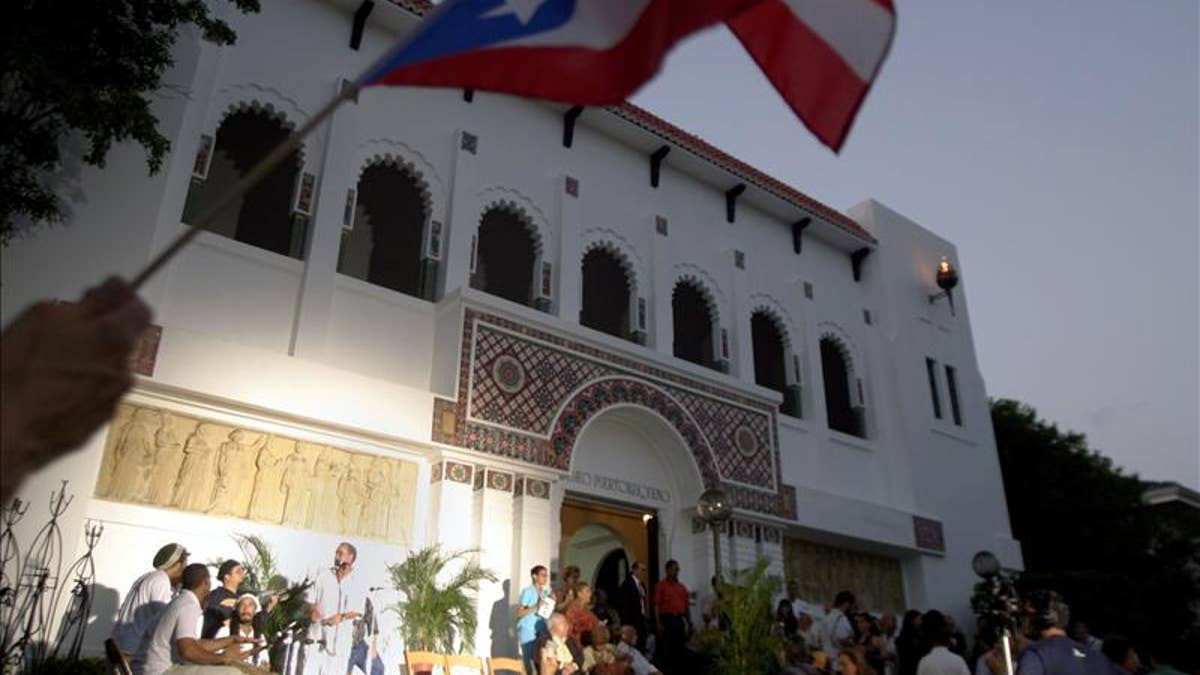
For an island with only 3.7 million people, Puerto Rico felt the full impact of the global recession. With a soaring crime rate, unprecedented unemployment and an extreme poverty rate, there are no quick fixes. Massive reforms are needed across the board to re-establish Puerto Rico’s credibility on the national and international stage. With strong and effective leadership, over time, Puerto Rico can once again be recognized as an island both rich in cultural heritage and a growing economy.
Today, Puerto Rico’s economy is in shambles. Just last month, the government of Puerto Rico was forced to step in and deny rumors that the island was near bankruptcy or might need U.S. federal intervention. Since 2006, the island has been stuck in a recession, seeming only to be become worse with time. The economy contracted roughly six percent between 2012 and 2013. On top of that, Puerto Rico’s median income in 2012 was $19,429, compared to $51,371 in the United States. To make matters worse, the unemployment rate is at 13.9 percent. That figure is over three percent more than Nevada, which has the highest unemployment rate on the mainland of the entire United States.
Puerto Rico’s median income in 2012 was $19,429, compared to $51,371 in the United States. To make matters worse, the unemployment rate is at 13.9 percent.
Moreover, Puerto Rico is crippled by massive debt. With over $87 billion currently owed, that breaks down to about $23,000 for every man, woman and child on the island. Treasury Secretary Melba Acosta has promised investors that the government would cut the $820 million budget deficit in half by 2015. Puerto Rico must get its fiscal house in order, but it won’t be fixed overnight. A crucial foundation must be built in order to stifle growing fears from investors and injecting even greater uncertainty into the marketplace.
In the midst of this economic malaise, the island’s poverty rate is at an all-time high of 44.9 percent. Now, in comparison, Mississippi has the highest poverty rate on the mainland of the United States at 24 percent. Puerto Rico has almost twice the number of people in poverty as the worst state in the United States. This is just unacceptable and honestly, most unfortunate, for an island whose people pride themselves on hard work and determination to succeed. The Americans living in Puerto Rico are ready for and want to create a robust economy, but the government must first introduce policies that foster growth and opportunity.
Since it has been a dismal year economically, it is not surprising that crime rate has also sky rocketed. It is widely believed that a high rate of unemployment and poverty are strongly linked to a rise in crime. Puerto Rico is no exception. The island has a shocking per capita murder rate that is six times that of the United States as a whole. For only having just fewer than four million people, Puerto Rico had a record 1,117 homicides in 2011.
Puerto Rico’s residents and visitors must feel safe walking out their home or hotel front door – safety is a major economic driver for the islands economy. Puerto Rico is a common tourist destination, but high crime rates will deter people from traveling to the island. For decades, tourism has played a central role generating revenue based on the island’s natural wonders, beauty, culture and history. Tourism only accounted for 5 percent of the island’s gross domestic product in 2010. Yet it is crucial for job creation in many of the industry sectors and spurring economic growth.
I believe in Puerto Rico. I believe that its economy can be rejuvenated to get Puerto Rico working again. I believe that the current course can be reversed. A safe environment can still be created to encourage tourism and allow businesses to thrive. Puerto Rico must be recognized not for economic troubles, but its cultural and historic individuality. It all begins by confronting the issues head-on and electing public officials who encourage free market principles which create an environment that elicits economic growth and job creation.








































